Botanical Information
Acacia Acuminata belongs to the Fabaceae family and is characterized by its tall, slender stature, reaching heights of up to 12 meters.
The tree features distinctive bipinnate leaves with numerous small leaflets, giving it a fern-like appearance.
During the flowering season, Acacia Acuminata produces clusters of golden-yellow flowers that emit a sweet fragrance, attracting pollinators such as bees and butterflies.
The seed pods of Acacia Acuminata are elongated and typically contain seeds arranged in a linear fashion. When mature, these pods split open to release the seeds.
Traditional Aboriginal Uses
Acacia Acuminata holds significant cultural and medicinal importance for various Aboriginal tribes across Australia, who have utilized different parts of the plant for a multitude of purposes.
Additionally, Acacia Acuminata has been utilized for its tannin-rich bark, which was used in traditional tanning processes to produce leather goods.
The seeds of Acacia Acuminata were also harvested and ground into a flour-like substance, which could be used to make a type of bush bread or damper.
In traditional Aboriginal cultures, the bark and its narrow phyllodeswas sometimes used to produce a psychoactive infusion, although such uses varied among different tribes and were often reserved for ceremonial or spiritual purposes.
Within Aboriginal culture, Acacia Acuminata Narrow Phyllodes holds profound spiritual significance, often regarded as a sacred plant imbued with mystical powers. The psychoactive properties of the plant have been utilized by indigenous shamans and healers in various ceremonial contexts, including initiation rites, healing rituals, and spiritual quests.
The psychoactive compounds found within the plant are believed to induce altered states of consciousness, facilitating profound spiritual insights, communion with ancestors, and connection to the natural world.
Cultural Significance
Acacia Acuminata holds cultural significance for Aboriginal communities, serving as a source of food, medicine, and spiritual connection. The tree’s presence in the landscape is intertwined with Aboriginal lore, stories, and traditions, reflecting the deep connection between indigenous peoples and the natural world.
Rituals and ceremonies involving Acacia Acuminata were conducted with reverence and respect for the plant’s spirit, honoring ancestral traditions and spiritual beliefs.
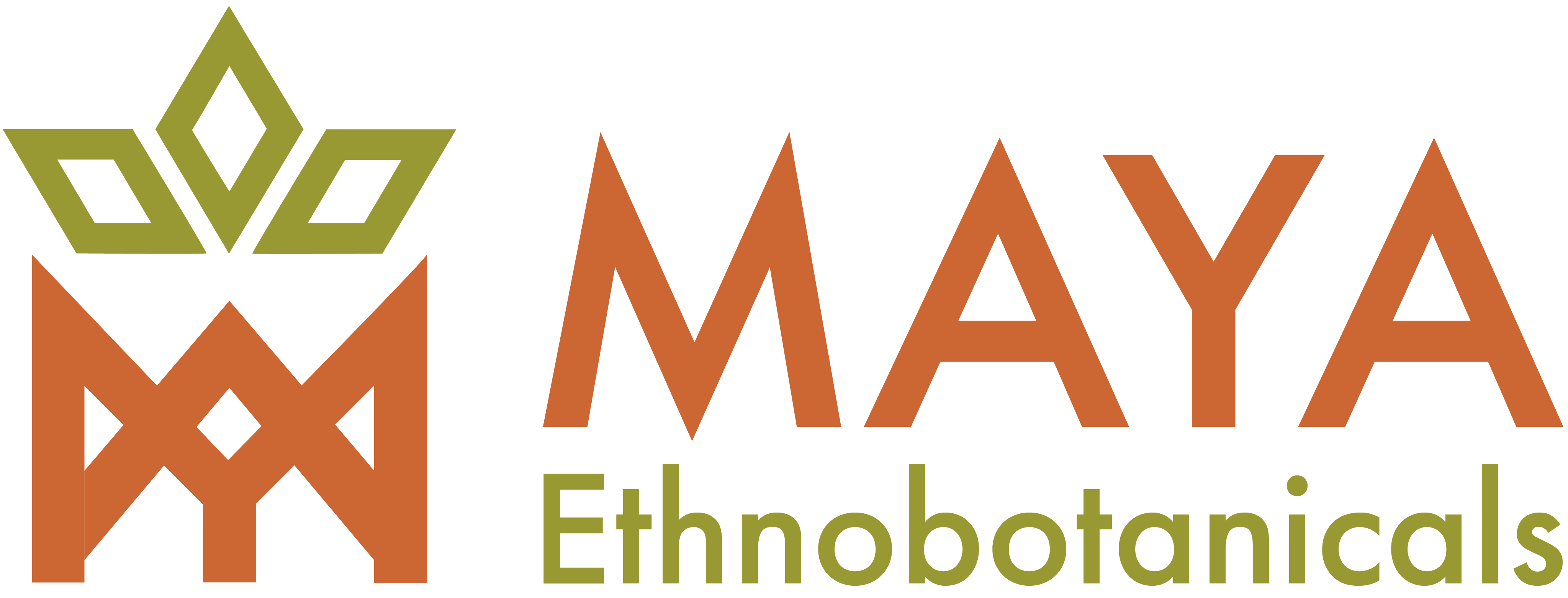
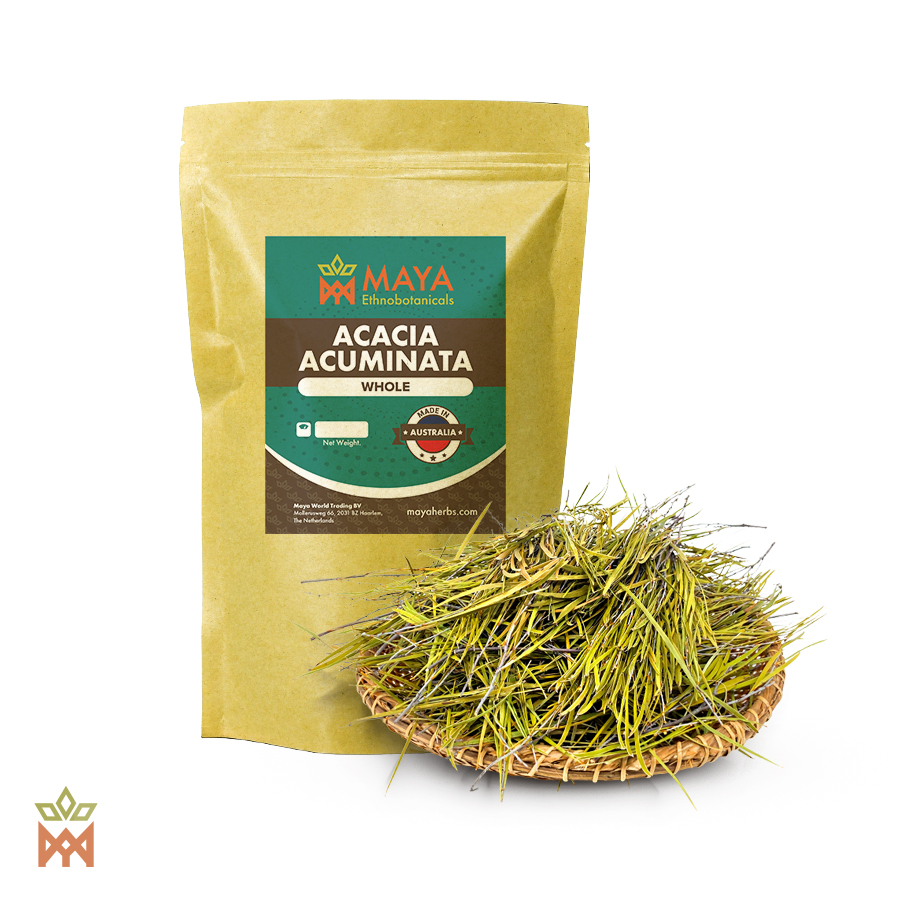
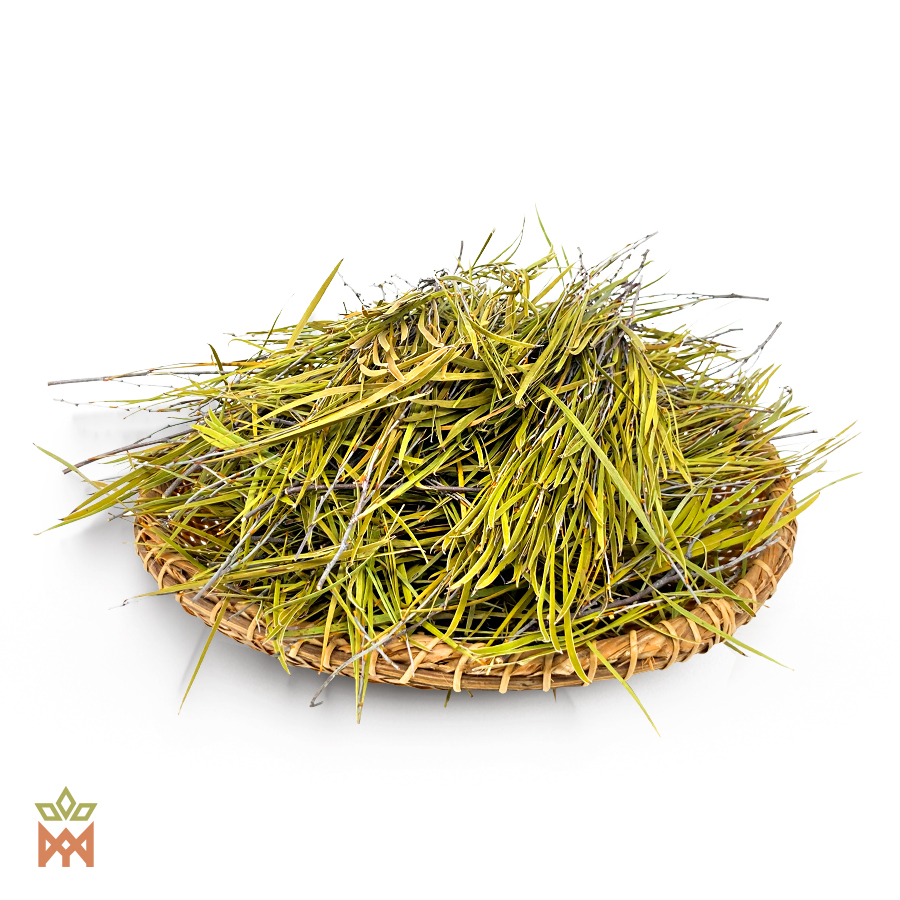
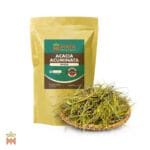
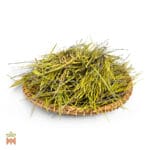
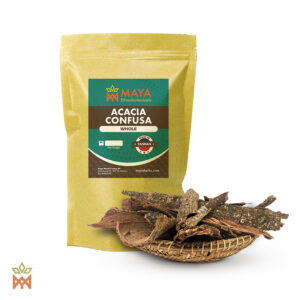

Reviews
There are no reviews yet.